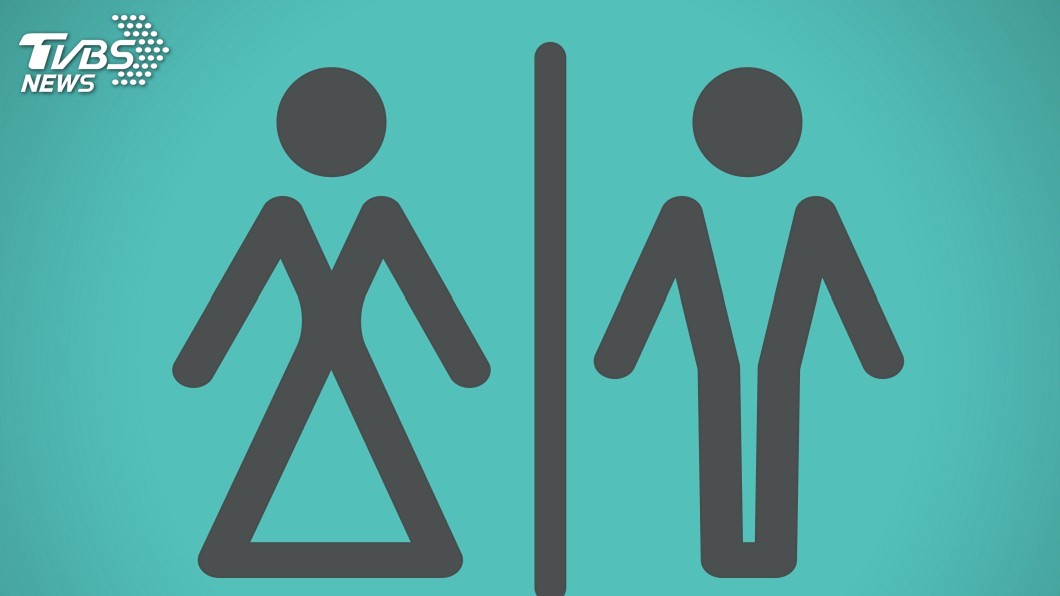TAIPEI (TVBS News) — As Taiwan's MeToo movement marks its first anniversary on Thursday (May 23), the National Alliance of Taiwan Women's Associations (NAWTA, 台灣婦女團體全國聯合會) has voiced concerns over victims being re-victimized through lawsuits filed by their perpetrators. The alliance calls for more comprehensive legal measures and a robust complaint mechanism to protect those who come forward.
A Year of Legal and Social Challenges
The NAWTA chairperson Peng Yen-wen (彭渰雯) highlighted the establishment of a support group to assist victims with legal proceedings during the MeToo movement's anniversary. Amendments to the Gender Equity Education Act (性別平等教育法), Act of Gender Equality in Employment (性別平等工作法), and Sexual Harassment Prevention Act (性騷擾防治法) have raised public awareness about the importance of preventing sexual harassment. Peng urged the government to conduct more rigorous investigations and strengthen prevention mechanisms.
Calls for Cultural Change and Legal Reform
The Garden of Hope Foundation's chief executive, Wang Yueh-hao (王玥好), expressed concern over perpetrators silencing victims through litigation. Meanwhile, Legislator Fan Yun (范雲) of the Democratic Progressive Party (DPP), who won a sexual harassment case against Kuomintang (KMT) legislator Chen Hsueh-sheng (陳雪生), described the MeToo movement as an "unfinished social movement." She emphasized the difficulty of changing culture compared to instituting legal reforms, noting the challenge of addressing power imbalances and the need for greater attention to the voices of the vulnerable.
Last year's MeToo incidents led to comprehensive amendments to three gender equality laws, introducing penalties for power-based sexual harassment, defining types of harassers, and adding civil punitive damages. These changes also enhanced victim support, protection measures, confidentiality provisions, and extended the statute of limitations for sexual harassment complaints.
As Taiwan continues to navigate the complexities of the MeToo movement, these legal and cultural shifts signal a commitment to creating a safer and more equitable society. The ongoing efforts of activists, legal experts, and government officials underscore the importance of both systemic change and societal support for survivors of sexual harassment and assault.











